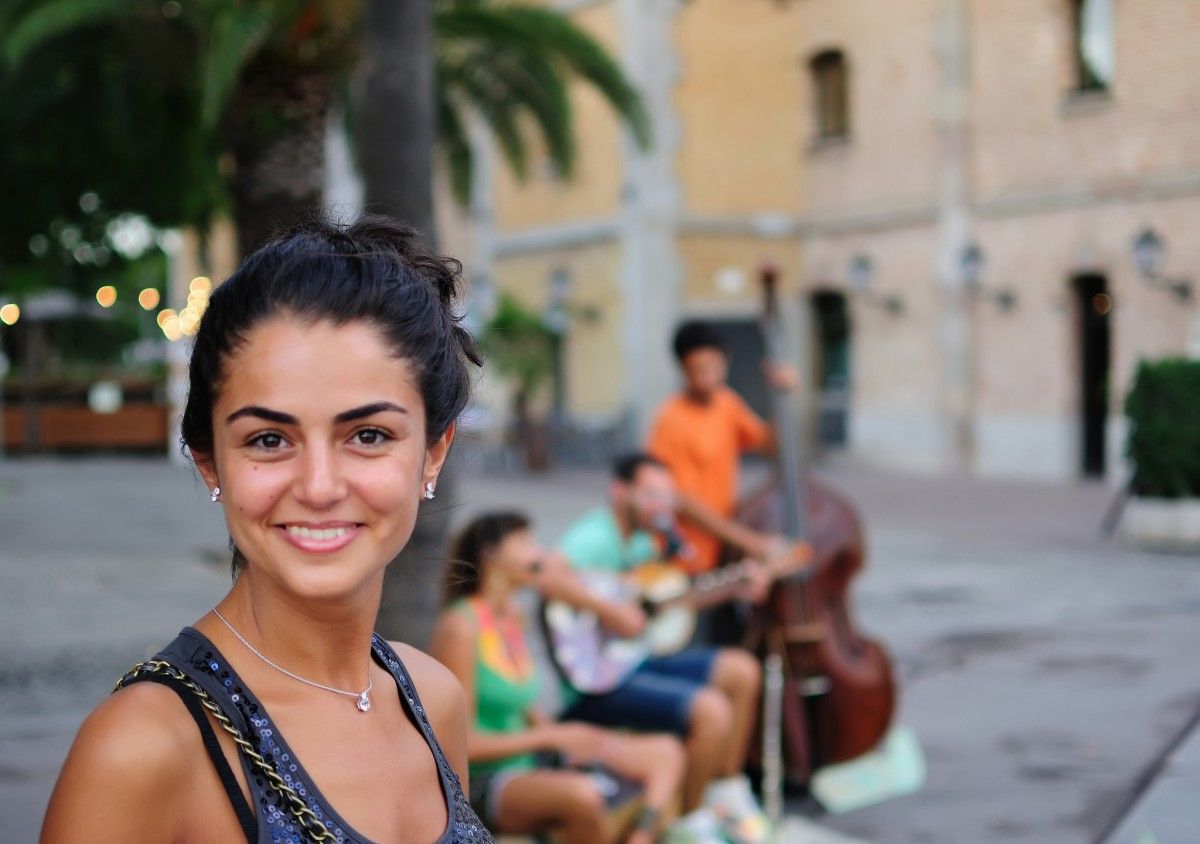
Gene Krasko
That survival involves making love in the face of death is something you can intuit when someone you love dies. I don't know how it happens, but something tells you that the return to some kind of normalcy must pass through this place. The desire to love is multiplied, like the poet Sònia Moll explained when her mother died: "When you died, I needed to love even more, to throw myself in it all the way, to submerge myself, almost drown myself, because all of a sudden, I didn't know what to do, with that love that had been left an orphan."
The writer Anna Maria Villalonga, who lost her partner seven eternal months ago, asks herself, "And what do I do with the love, if now there is just absence? Should I love the empty space, the no, the whole that you left behind? What can I do now with love, if it's bursting out of me from all sides and I don't have anyplace to put it?"
The attack in Barcelona has generated a spate of collective love toward the city, toward the Rambla and the people who walk along it. Most Barcelonians love ourselves more, and maybe we love better, since we know we are mortal.
"I love you!" people wrote on their mobile phones as they were about to die on September 11th. Urgent I-love-you's addressed to parents, children, lovers, friends, brothers. It didn't make sense to say anything else than that, just before the absolute nothingness for forever.
That love is a secondary effect of death says very little in our favor. It's only when events force us to understand that we are vulnerable that we also understand that love is the answer.
Love is not above death, it can't stop it, that's clear enough and painful enough. But when death comes in the door ready to hurt us, it leaves immense pain and also a state of strange clarity: we see that without love, life wouldn't be worth living. And still shellshocked, we are hit with the only certainty: to continue living until we die, we'll have to love more and better.
(Translation from Catalan: Liz Castro)
"Coses així" és una secció d'articles d'Eva Piquer sobre les coses que (ens) passen.